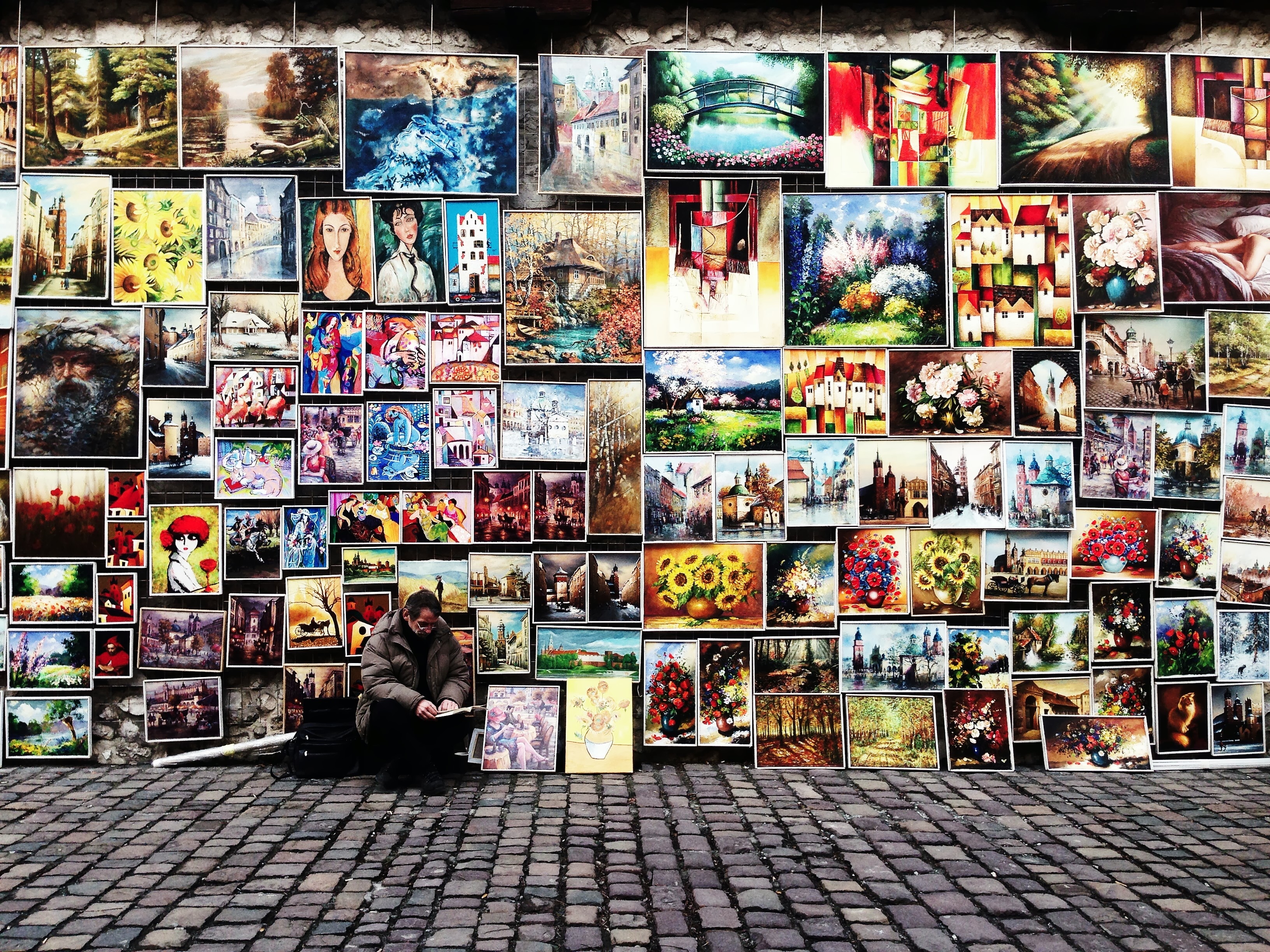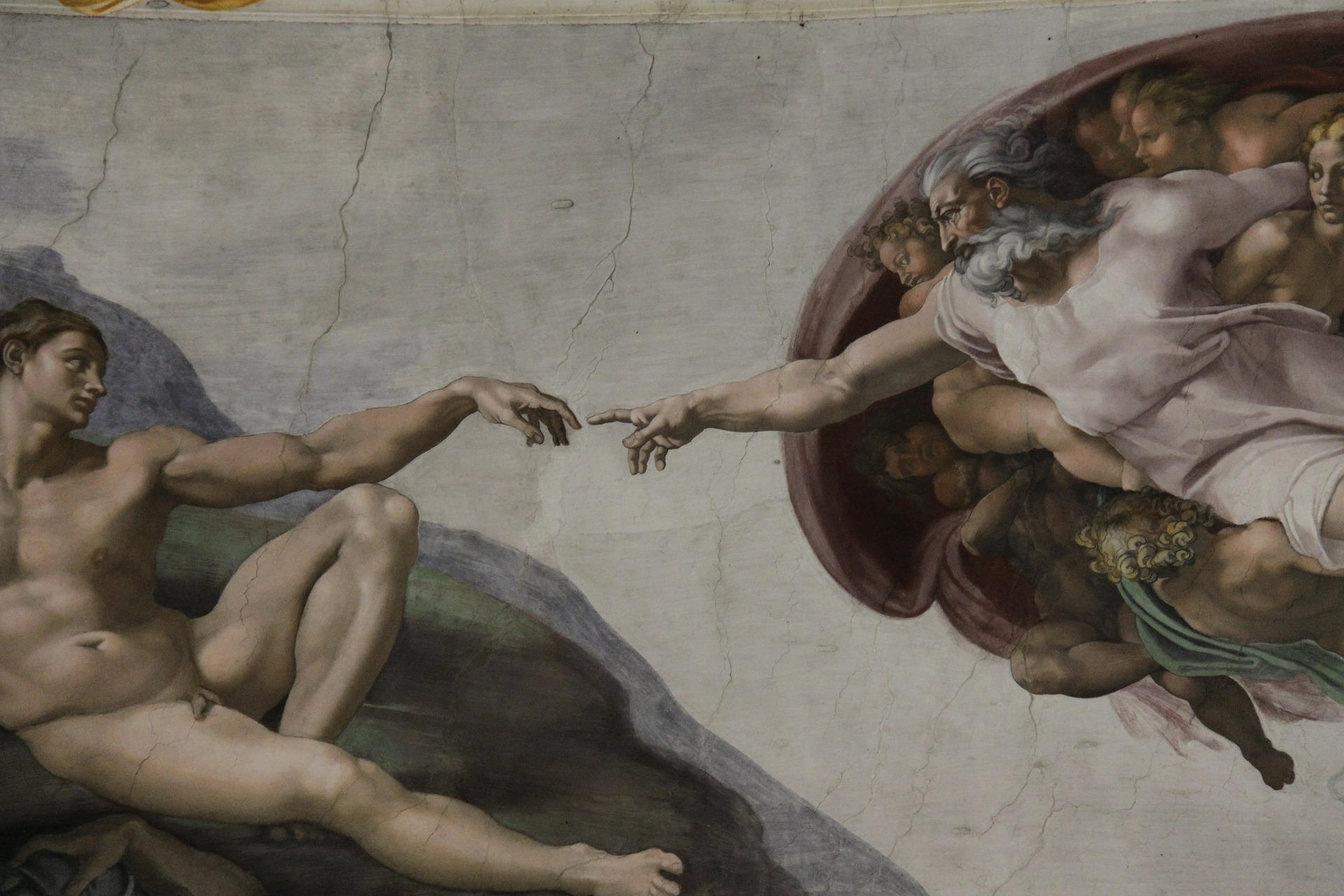I dropped the book immediately and began frantically convulsing, part from fear of being caught in the act, part from knowing my stash was about to be flushed. All the while I knew if I did not administer soon, I would surely die.
I didn’t get really into drugs until I was about six or seven years old. During the summers, I used to visit the Enid Public Library and wander about the shelves, carte blanche. It was there, cloaked from the public eye behind numerous texts, where I would be administered dosage upon dosage of fresh, new, enlightening psychotropic devices. Even so, this freedom to binge diminished as I relocated during the school year to a more cautiously monitored environment: the public school library.
Potent substances of epidemic proportions, if you look carefully enough, can be found littering the shelves of most libraries, though, and I was determined to find the most satiating of these. This, in my opinion, must have been why I was banned from visiting certain “Dark Arts” sections as an elementary student. It must have been that look in my eyes. Perhaps they were too red, or maybe the librarian had begun to take notice of that slight change in my disposition each time I made a new visit to this wonder emporium. Either way, I had to proceed with caution most days, if I was, after all, going to get my fix.
One day, in fact, the librarian caught me perusing around this “off-limits” section of the bookshelves. There I was at 11 or 12 years of age, Atlas Shrugged in hand, when that user’s itch overtook me. I dropped the book immediately and began frantically convulsing, part from fear of being caught in the act, part from knowing my stash was about to be flushed. All the while I knew if I did not administer soon, I would surely die.
It was no use, however, the ruse was up. At that age, I was hardly tall enough to see over the counter to check a book out, let alone hide a 1,200-paged manifesto behind my wimpy little back. So, I picked the book back up from the floor, replaced it on the shelf, and obediently followed the orders, promising myself I would find a way to unlock the potency of its contents at a later date.
That memory seems so long ago; I oftentimes wonder if it happened at all or if it was no more than the birth of some intense trip. After all, I have been using most of my life, and, it is not uncommon for me to drift entirely from all tethers to reality into fantasies tucked deep away in the darkest crevices of my mind, readily awakening to the inspiration I find in each new literary drug.
Subsequently, even if the instance with the librarian did not occur, I am certain the restrictions to prevent me from self-medicating or overdosing at such a young age were, in fact, in place. I despise that truth even to this day, but realize it did not stop me from introducing myself to those much harder drugs, so much as it merely delayed me.
However, what I know now is that had I simply been allowed to satisfy my craving when it initially had sprung, perhaps I would not have been so receptive to its effects or so keen to discover even harder, more illicit scholarly substances to fill the void such a prolonged introduction had created.
Furthermore, perhaps under the cautious supervision of the librarian or some other pedagogue dealer of dalliances, I would not have—once self-prescribing—been so keen to consume far above the recommended dosages. Perhaps given the opportunity at self-discovery—though this might be a stretch—I would have even hated the drugs, and rejected altogether any such interferences with my worldview as it then existed.
Even so, such was not the case, and it was made clear that such voyages into the unknown were impermissible for such a young, budding mind. This created nothing but contempt and inspired in me a sense of rebellion, a sense of courage to gallivant off into uncharted waters as a freelance pharmacist for myself, eager to indulge in every new available banned product I could find. So, too, did it make me more receptive to the mind-altering nature of these unapproved commodities. I found in these not merely a delightful escape, but more importantly, I discovered truth. I felt alive and aware, as if my eyes had at last been opened to all that was around me. I saw the world not as I thought it to be, but for what it truly was. I saw myself juxtaposed to the universe as a finite entity, both free and powerfully awestruck by the magnitude of what I had previously not only not known, but dismissed as impossible.
Those substances freed me from the restrictions imposed not only by coercive authorities, but of the inhibiting limitations I had enforced on myself through ignorance. Upon discovering this newfound, vast expanse of intellectual wealth, I gained a new appreciation for life, for learning, and for contemplating axiomatic truths.
I discovered how to listen rather than talk, how to humbly promote myself rather than boast, how to speak sincerely rather than with grandiosity. But far and above more imperative than all, I came to know how to love myself and as a result, how to love others. The ideas resulting from of all these trips and highs in prose and poetry unlocked all of these things for me, and I think they can for anybody courageous enough to give them a try.
So forget about prohibitions, censorships, or coercive deterrents. Why don’t you give the unknown a shot? Why not explore the limits of your own vast cognitive abilities?
Go pick up a book today, who knows? Your gateway drug could be waiting for you.


